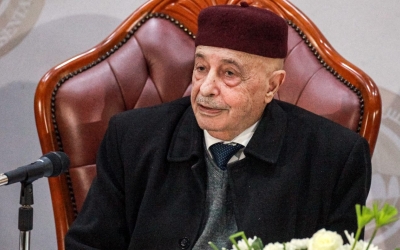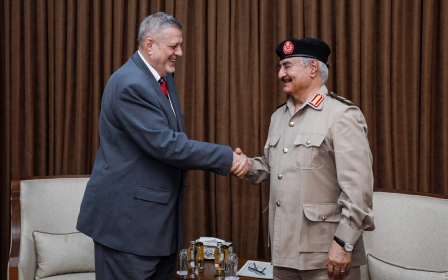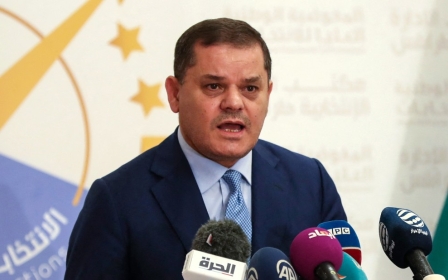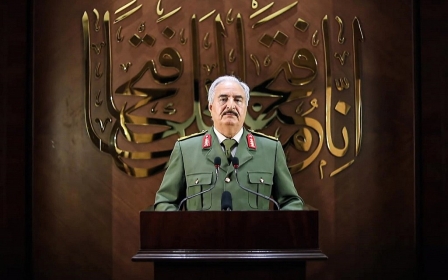Gaddafi's son disqualified as presidential candidate by Libya election commission
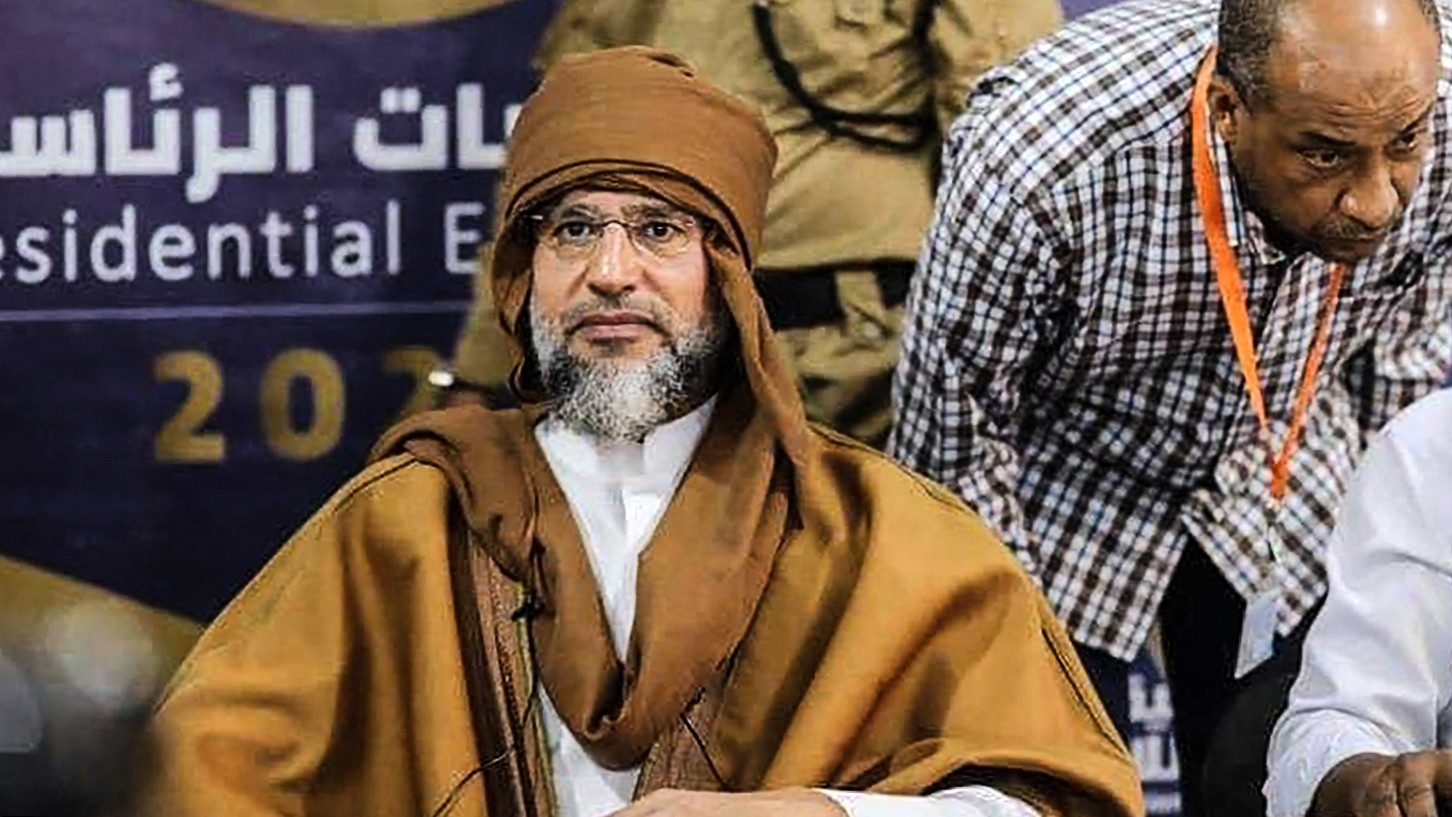
Libya's election commission ruled on Wednesday that Saif al-Islam Gaddafi, the son of the country's former ruler and a strong candidate in December's planned presidential election, was ineligible to run.
Gaddafi was one of 25 candidates the commission disqualified, though it is an initial decision that is subject to an appeals process.
"The names mentioned are excluded from the preliminary list of candidates as they do not meet the prerequisites and have not submitted all the necessary documents," the committee said in a statement, as reported by AFP.
In the case of Gaddafi, the committee pointed to articles of the electoral law stipulating candidates "must not have been sentenced for a dishonourable crime" and must present a clean criminal record.
The military prosecutor in Tripoli had urged the commission to rule out Gaddafi after his conviction in absentia on war crimes charges in 2015 for his part in fighting the revolution that toppled his father, Muammar Gaddafi, in 2011. The younger Gaddafi has denied wrongdoing.
UN Libya envoy Jan Kubis, who is stepping down from his post, told the UN Security Council on Wednesday that Libya's judiciary would make the final decision on the rules and on whether candidates were eligible.
The final list of candidates is due to be published by early December, once verifications and appeals are completed.
Libyan election disputes
Libya's first ever direct presidential poll, due on 24 December, comes as the United Nations seeks to end a decade of violence in the oil-rich nation since a Nato-backed uprising toppled Gaddafi in 2011.
Nearly three million Libyans, out of a total population of some seven million people, have so far registered to vote, and 98 Libyans have registered as candidates.
Disputes over the election rules, however, including the legal basis of the vote and who should be eligible to stand, threaten to derail an internationally backed peace process.
The run-up to the vote has been marred by bitter divisions over the legal and constitutional framework, with other candidates initially approved by the commission also being accused by political rivals of possible violations of the election rules.
One candidate, interim Prime Minister Abdul Hamid Dbeibeh, had previously vowed not to run for president as a condition of taking on his present role, and did not stand down from that role three months before the vote, as is required by a contested election law.
Dbeibeh has described the election rules as "flawed". They were issued in September by Parliamentary Speaker Aguila Saleh, who announced his run for the presidency last week.
Another prominent frontrunner, eastern military commander Khalifa Haftar, is said to have US nationality, which could also rule him out.
The general has also been accused of war crimes committed during his 2019-2020 assault on Tripoli. Haftar denies war crimes and also says he is not a US citizen.
Middle East Eye propose une couverture et une analyse indépendantes et incomparables du Moyen-Orient, de l’Afrique du Nord et d’autres régions du monde. Pour en savoir plus sur la reprise de ce contenu et les frais qui s’appliquent, veuillez remplir ce formulaire [en anglais]. Pour en savoir plus sur MEE, cliquez ici [en anglais].


